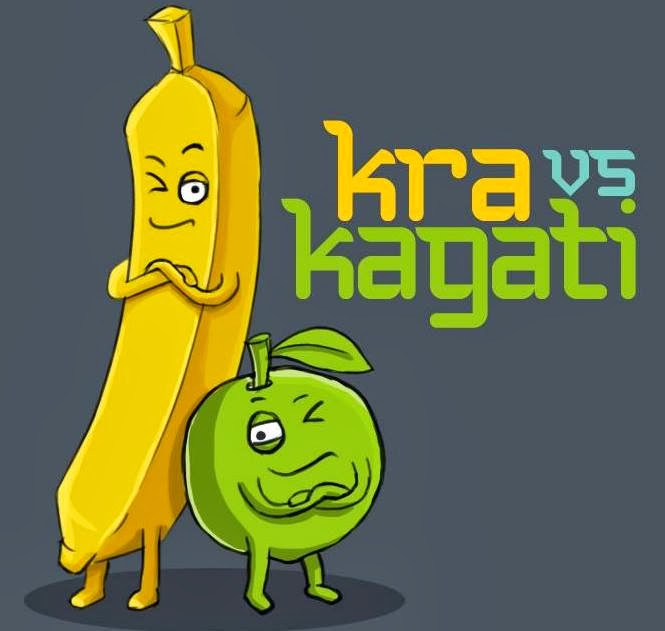Nepal has people with varying levels of financial awareness. On one hand, we can see people from all walks of life; youngsters, women, men from all caste and creed queuing for hours to fill the Initial Public Offering (IPO) forms of various companies in Kathmandu valley. We often hear of instances where IPO offerings led to over subscription of shares and generation of excess capital which means people get less for what they had filed for or somethings nothing at all.
The excess capital generated signal a lack of investment opportunities for people looking to invest. In this case, the supply is less than demand.
On the other hand people in rural regions do not even have basic awareness about opening a saving accounts and are intimidated by banks and other formal financial institutions.
The lack of awareness regarding formal financial channels leads them to use informal lending mechanisms where the interest rate is extremely high, and so is the need to put up collateral. Failure to pay back the high interest rate sucks them in the vicious cycle of poverty.
According to recent demand side FinScope done under project UNNATI, the most commonly cited reasons for not using bank services are - do not need (33%), do not understand how it work (9%), financial accounts are not for me (8%), do not know (7%) do not know how to apply (4%) and can obtain these services elsewhere (4%). All these reasons can be attributed to lack of education about financial services which make up 65% of the total reasons for not using banking services (FinMark Trust, 2015).
The dichotomy of Nepalese people in terms of financial involvement and awareness makes the task of educating them challenging. Our financial system has a mixture of people who utilize formal financial channels and those who are completely unaware about the existence of BFI’s. The national strategy needs to cater to both the groups need and to make a distinction between them in order to provide a tailored financial education plan.
After the initial gap in awareness is bridged among people we can move towards the goal which is to create awareness, knowledge, skills, attitude and behaviors necessary to make sound financial decisions and ultimately achieve individual financial well-being.
Such a national level goal requires formulation of a national level strategy. At present, stakeholders including the central bank, ministries, banks, microfinance and NGO’s/INGO’s have started initiatives for financial literacy in Nepal. But these efforts have been fragmented and uncoordinated. Uncoordinated effort have resulted in duplication of work in some cases and delayed processing in others.
For example, Financial literacy policy initiated by NRB has been underway for over a year. Before the policy is finalized the Ministry of Finance has to review it first and then it needs to be reviewed by the National Planning Commission.
Such delay could be avoided if the respective parties worked together from the beginning. Furthermore, the fragmented approach has not been attractive enough to captivate the general public. A national campaign will stir interest among people and have higher chances of impact. The Pradhan Mantri Jan Dhan Yojana initiated by the Modi government lead by Prime Minister Modi is one such example. As of June 8th ,2016, 220.8 million accounts were opened in India. (Pradhan Mantri Jan Dhan Yojana, 2016).
45 countries around the world have already implemented or are in the process of designing a national strategy for financial literacy (OECD, 2013). To initiate a campaign on a national level it is necessary to institutionalize the operation of this campaign. A high level committee needs to be formed with participation from Rastra Bank, Ministry of Finance, Ministry of Education and Ministry of Labor and Employment, and representatives from private sector and donor agencies.
It would be necessary to identify the target groups and give responsibility of each target group to a different task force. The private sector can be mobilized for the implementation part of the financial campaign. Many international agencies like UNICEF, UNDP, UNCDF, Mercy corps are already working in this issue. Collaborating with these agencies would increase the resources at government’s hand.
The Government of Nepal or Nepal Rastra Bank needs to coordinate with the existing stakeholders and build a team to take the issue of financial literacy at the national level.
Author: Shriju Dhakal is one of the Summer Fellows of the Daayitwa-Nepal Public Service Fellowship 2016.
View Your Choice is Daayitwa's Outreach Partner.





















